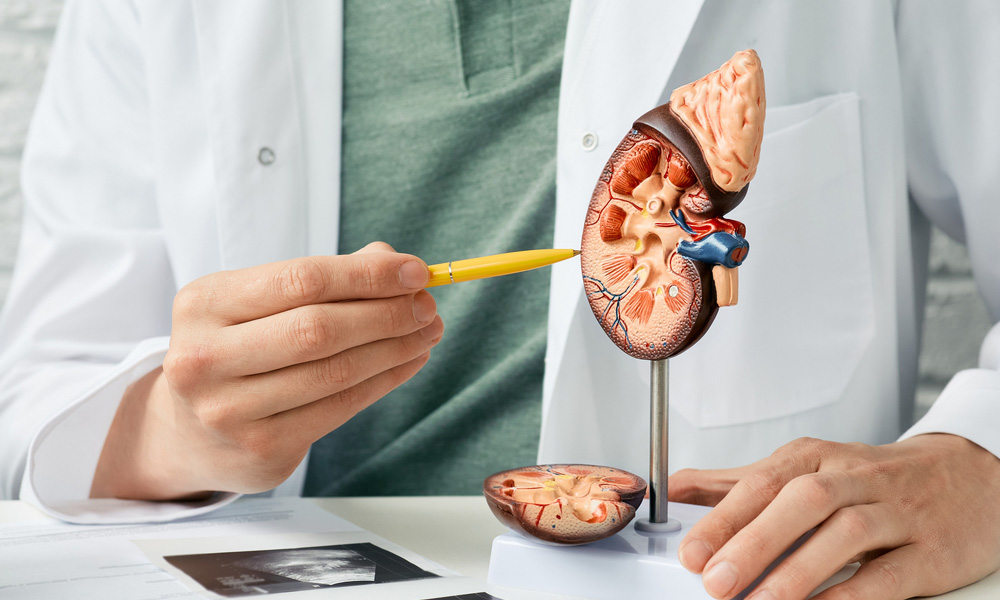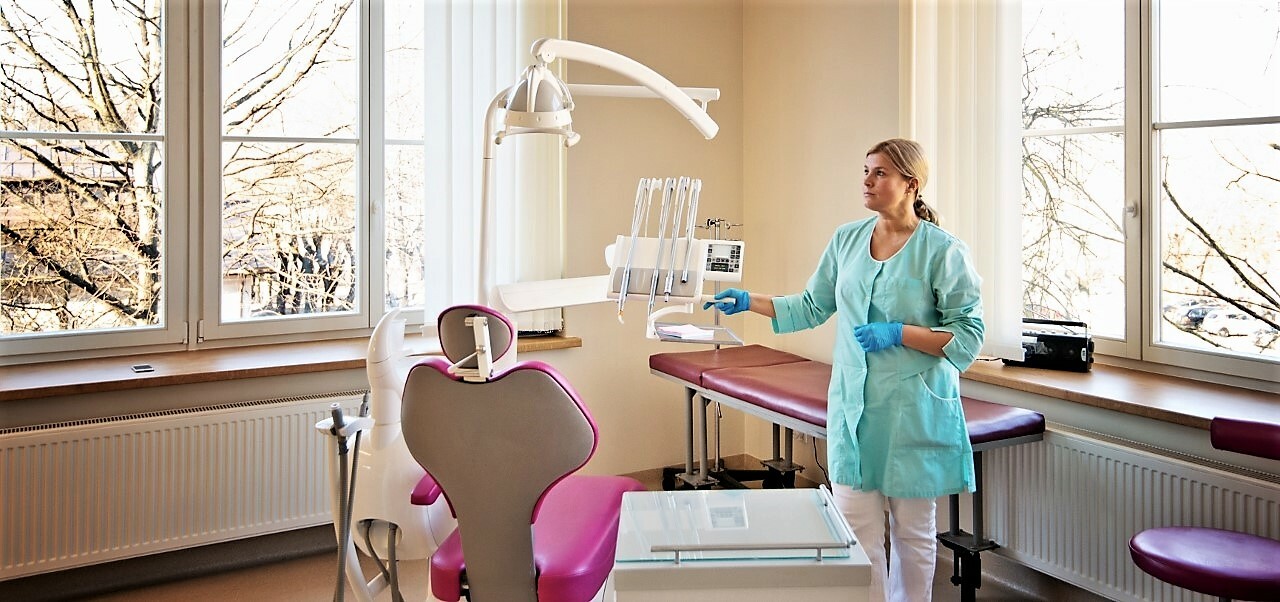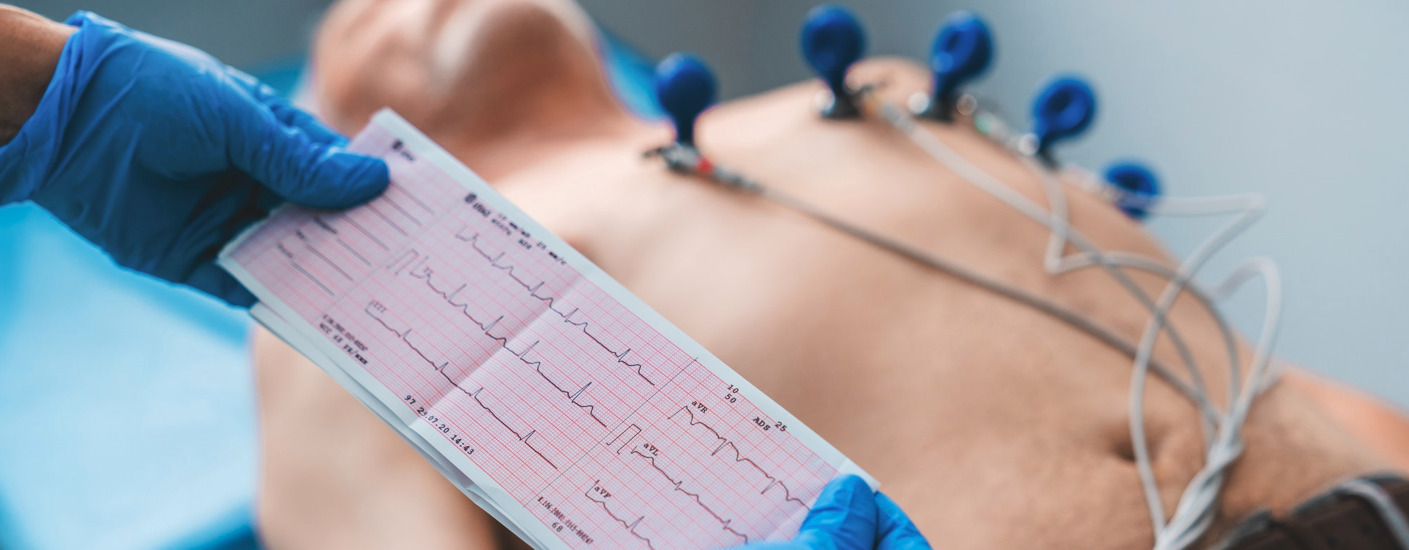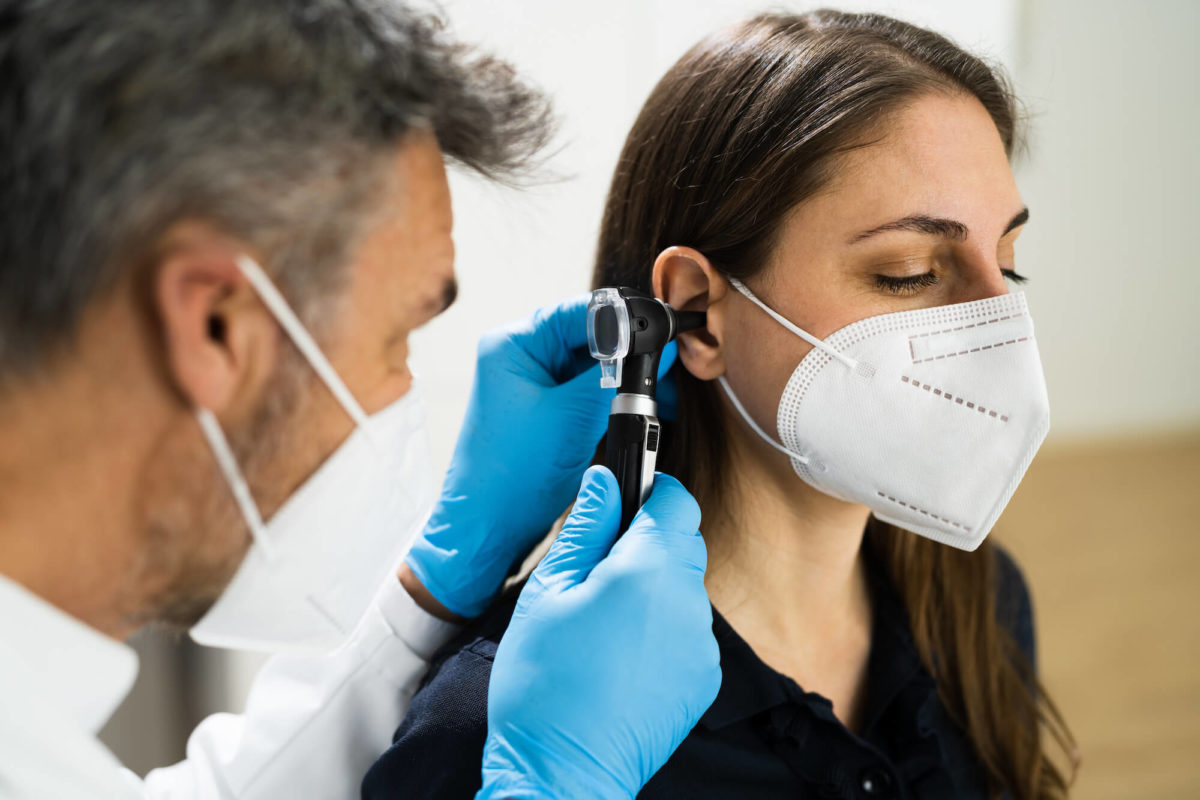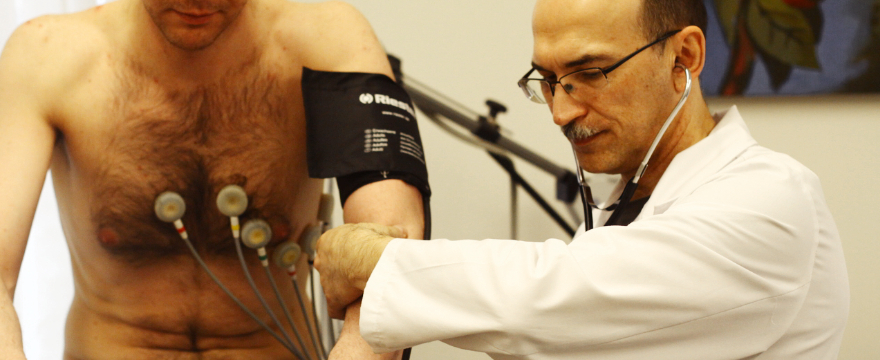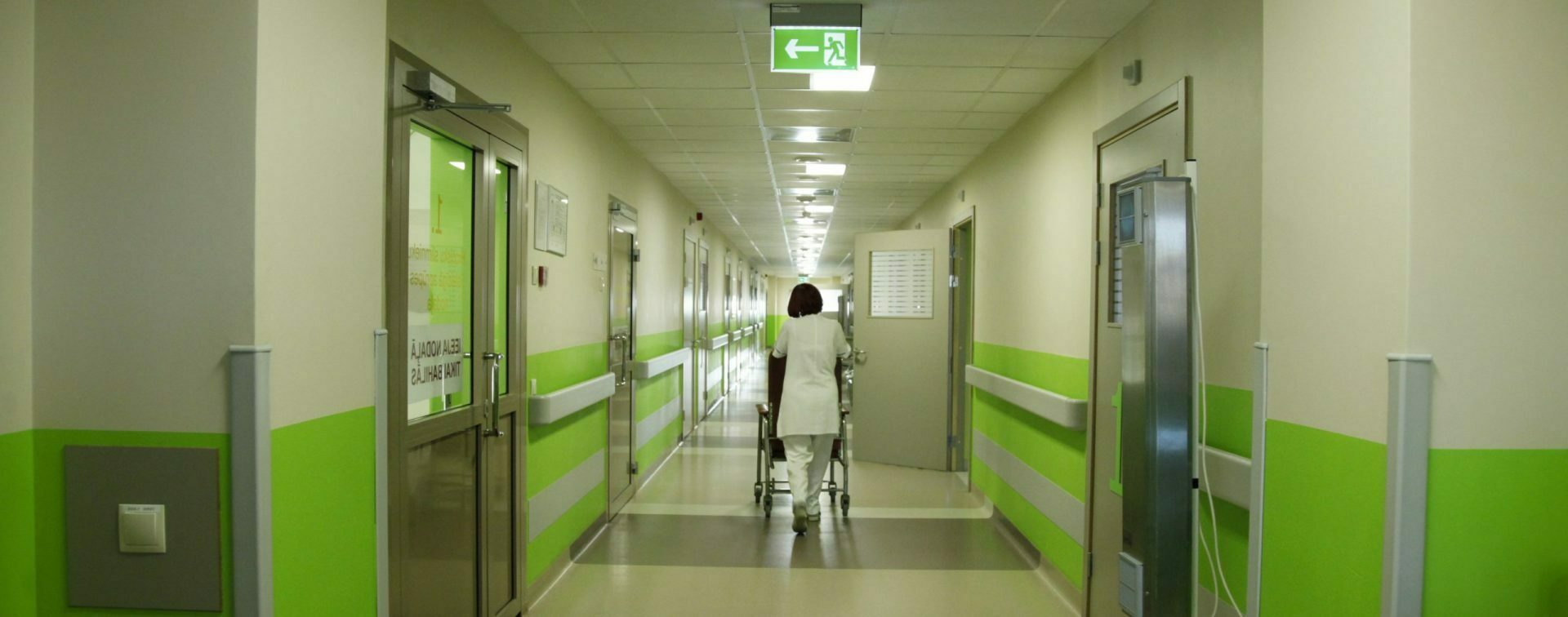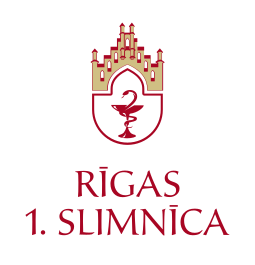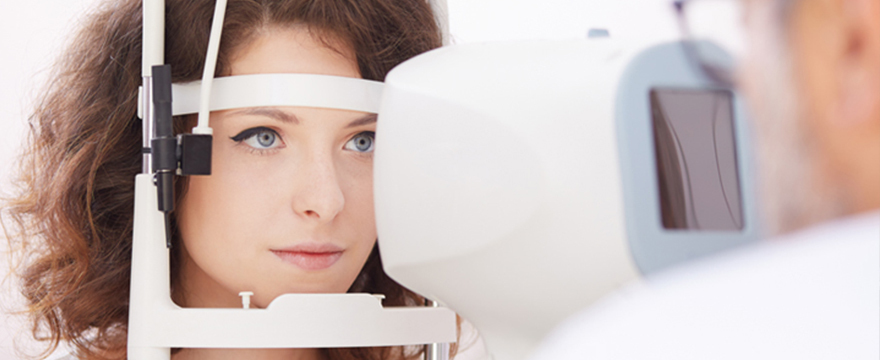
Ophthalmologist or optometrist – who should you consult?
Patients often wonder which specialist they should see with their vision concerns – an ophthalmologist or an optometrist? Here’s a clear explanation:
An ophthalmologist is a doctor who specializes in the medical and surgical care of the eyes and visual system. They diagnose and treat eye diseases and understand the factors affecting the visual system. If you experience symptoms such as blurry vision, eye pain, or other visual disturbances, it’s important to consult an ophthalmologist. They will perform a thorough examination and take the necessary treatment steps.
An optometrist is a vision care specialist who assesses visual acuity, conducts color vision tests, and detects structural eye problems. They prescribe glasses and contact lenses to correct vision. However, optometrists typically handle routine vision screenings. If they suspect an eye disease or more serious vision problems, they will refer you to an ophthalmologist.
It’s important to note that both optometrists and ophthalmologists can perform vision assessments.
During an ophthalmologist consultation, they will:
- Determine your visual field,
- Conduct an ultrasound examination,
- Diagnose and treat strabismus (crossed eyes),
- Flush tear ducts,
- Administer intravitreal injections,
- Prescribe glasses,
- Correct myopia (nearsightedness) and hyperopia (farsightedness) with glasses or contact lenses.
Rīgas 1. slimnīca offers surgical treatment for eye diseases.
If surgery is required for conditions such as cataracts, glaucoma, or diseases of the retina and cornea, the patient will be scheduled for surgery in the hospital. The facility offers both single and double rooms for patient convenience, as well as a special room for patients with additional needs.
Important to know:
Why people see poorly or lose vision in later life
- Cataracts, or clouding of the lens, can be effectively treated through surgery. By removing the cloudy lens and replacing it with a new one, vision is often fully restored and may even improve compared to pre-cataract vision.
- Glaucoma is a condition where increased eye pressure damages the optic nerve, gradually causing blindness. It is essential to regularly check eye pressure after age 45, even if your eyes seem fine. Early detection can prevent vision loss.
- Macular degeneration, or age-related macular degeneration (AMD), affects the retina. The retina lines the inside of the eye and contains nerve endings that enable sight. The macula is the part of the retina responsible for sharp vision. With AMD, lipid and cholesterol deposits accumulate in the retina, leading to fluid leakage and the formation of new blood vessels that rupture, causing more damage. Early treatment is crucial to preserve vision.
Glaucoma and diabetes
Patients with glaucoma or diabetes need special care. Glaucoma can destroy the optic nerve, leading to irreversible blindness, so monitoring eye pressure is vital. Diabetes can also affect eye health, and regular consultations with an ophthalmologist are essential to prevent complications.
Pediatric ophthalmologist: Diagnosing eye diseases and disorders in children
A child’s vision system fully develops by the age of 7-8. If problems arise during this critical period, it can impede the brain’s ability to process visual information, resulting in incomplete vision development. If you notice any concerns or suspect vision problems in your child, a visit to a pediatric ophthalmologist is essential.
Watch for these signs of possible vision problems in children:
- Avoiding close-up tasks,
- Tilting their head,
- Closing one eye when looking,
- Squinting when viewing objects up close or far away,
- Complaining of frequent headaches, especially after close work,
- Reporting blurred or double vision.
Other related services
